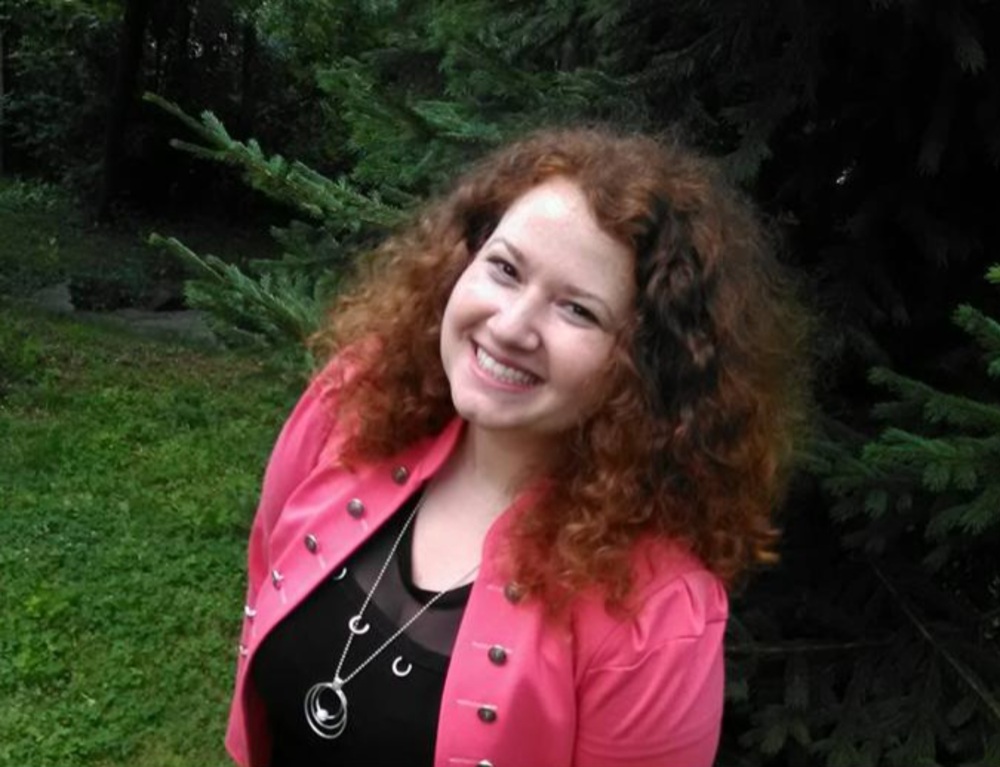site.btaLIK Managing Editor Hristova: Magazine Brings Positive Examples to Bulgarian Society and Beyond


Managing Editor Yanitsa Hristova said on Thursday that LIK magazine aims to serve as a positive example in Bulgarian society and should be promoted both in Bulgaria and abroad.
She spoke ahead of an event in London presenting recent anniversary issues of the Bulgarian News Agency (BTA)’s LIK magazine and Bulgarian National Radio (BNR).
Hristova explained that in today’s world, with a daily swirl of information from social media, dramatic headlines and negative news tend to attract attention, but society needs more good examples and positive stories. She described LIK as a “good news” magazine, telling the stories of inspiring people.
BTA Director General Kiril Valchev and Hristova will present the anniversary editions of LIK in London on Thursday. The event, hosted at the Bulgarian Cultural Institute, will highlight LIK’s 60th anniversary and the 90th anniversary of Bulgarian National Radio, both honoured with special magazine issues and exhibitions. Guests will also learn about a collaborative edition on Sirak Skitnik, BNR’s first director, released in 2023 alongside a commemorative exhibition.
The event in London aims to offer participants a chance to connect with the history of LIK and BNR. Hristova noted that live meetings with the Bulgarian community abroad help readers not only engage with the magazine but also maintain their cultural roots.
Reflecting on LIK’s legacy, Hristova said her first encounter with the magazine came via anecdotes and reputation, as the publication kept its place in the memories of generations, even during long breaks in its history. She recalls buying her first copy after a university lecture that showcased LIK as unlike any other publication in Bulgaria, seeking to explore art in depth rather than effortless sensationalism.
Hristova described the process of preparing a new issue of LIK: “The journey from idea to final release is neither easy nor fast—it takes persistence, dedication, and concentration.” Each monthly issue is thematic, often based on decades of archived material from the Agency, with thorough research and expert contributors. After curation, texts are edited, proofread, and prepared for both print and digital publication, prioritizing convenience for different readers.
She acknowledged that the work involves frequent challenges—a tradition since the magazine’s founding. Looking back on past editorial notes, Hristova pointed to moments where the publication faced difficulties but also a shared joy in producing each issue, sustained by professionalism and idealism.
Collaboration with the magazine, Hristova added, has brought her an entire spectrum of creative inspiration, not just meeting artists dedicated to their craft but finding motivation from their life stories. She highlighted the impact of figures like opera singer Boris Hristov, saying that such stories can provide the resolve to overcome daily difficulties.
Hristova said that working at LIK has itself been an education, a deep course in art history. She finds it fascinating to see how artists, before they became famous, first entered the pages of the press, with old interviews revealing early potential.
On her favourite recent issue, Hristova pointed to the April 2024 edition dedicated to the Bulgarian footprint in space, marking 45 years since Georgi Ivanov’s flight—the event that made Bulgaria the world’s sixth nation to send a person into space. She hopes it brings the same sense of limitless possibility that inspired those who heard about the first Moon landing.
LIK’s current readership, Hristova said, consists of people keen to find positive role models and expand their knowledge in various fields. She hopes the Golden Pen award recently presented to the magazine recognizes its continued contribution to Bulgarian culture.
As to the key lesson learned in her three years as managing editor, Hristova noted: “The most valuable lesson is how the impossible can become possible. I hope the magazine continues to serve as a ‘window to the world’—in new and different ways.”
/RY/
news.modal.header
news.modal.text
